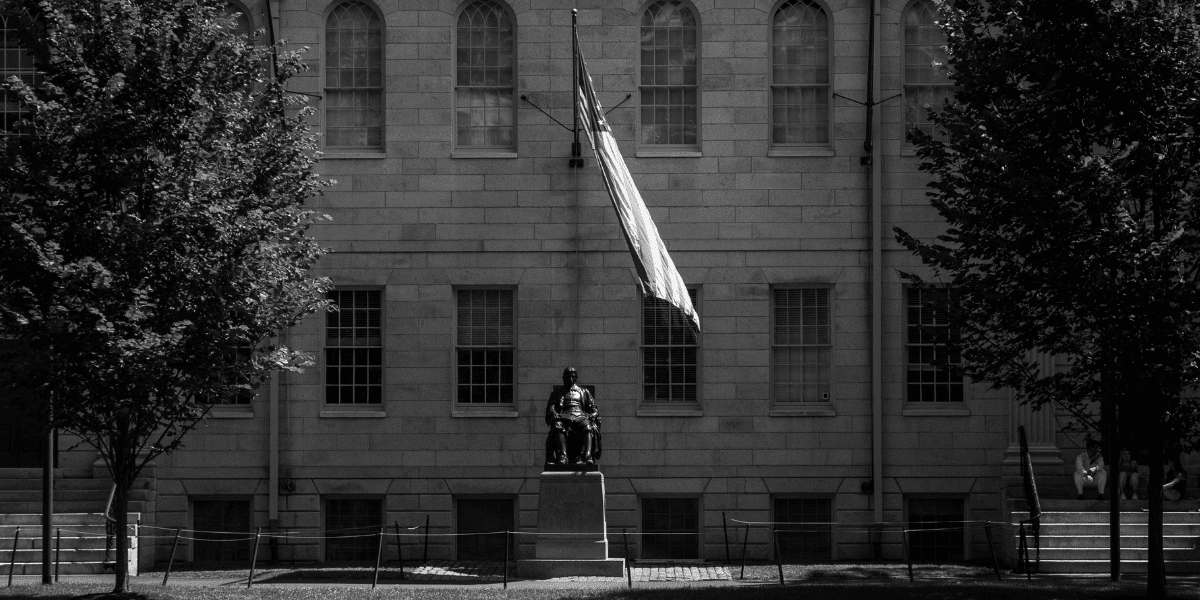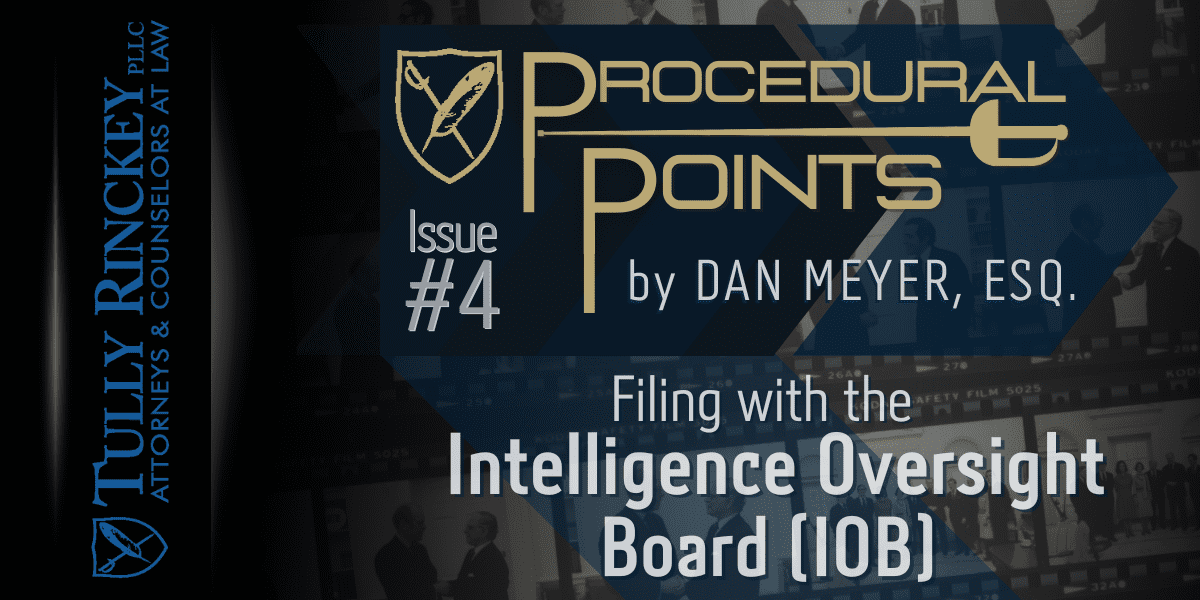Not all attorneys have experience with ROTC disenrollment, and no attorney can guarantee a favorable result. What a military attorney—that is, an attorney specialized in military matters—can do is assist cadets facing disenrollment by helping them navigate complex government regulations, prepare case strategy, review evidence, write opening and closing statements, question witnesses, and object to adverse evidence.
The military does not provide free legal representation to cadets in ROTC cases. This means that college-aged cadets must either retain a private military attorney, or fend for themselves when $200,000 or more is on the line.
What happens when a scholarship cadet fails to complete ROTC or is otherwise removed from the program?
Removal from ROTC is called disenrollment. A cadet can be disenrolled for any number of reasons, be it for misconduct, academic performance, medical issues, or general inaptitude for military service. In one case, a cadet was disenrolled because she refused to jump off a diving board during water-based physical fitness training. While a (possibly biased) professor of military science has wide latitude to initiate disenrollment, they do not hold the final authority to approve a disenrollment.
A cadet facing disenrollment is expected to repay all monies received such as tuition, stipend, etc. For some universities, this could be well over $200,000—a frightening proposition for many cadets and their families. Failure to repay this debt often results in the branch ordering the cadet to active duty in enlisted status to serve out their contract time.
You can contact us 24 hours a day, 7 days a week via phone at 8885294543, by e-mail at info@tullylegal.com or by clicking the button below:
If I hire a military attorney to help with my ROTC disenrollment, what happens next?
While the attorney’s role in disenrollment cases is limited by regulation, advanced preparation is critical to success: whether it be challenging the basis for a faulty disenrollment, or negotiating with the command to reduce—or even waive—ROTC debt.
Each branch of the military affords cadets a measure of due process when facing disenrollment. What this looks like varies from branch to branch. For example, the Army allows cadets to have a spokesperson or attorney present, but the attorney is neither allowed to speak nor question witnesses. The Navy and Marines are the most favorable, allowing the attorney to actively participate in the actual hearing. The Air Force, on the other hand, is the least favorable and conducts the disenrollment though paper review only.
Regardless of the branch, it is highly recommended to seek legal counsel when facing disenrollment. If possible, consider those law firms with proven success in military matters.
The military law attorneys at Tully Rinckey PLLC were servicemen and women long before they became lawyers. They know the military, they know the law, and they are ready to fight hard on your behalf. If you have additional questions, our team of dedicated military law attorneys is available to assist you today. Please call 8885294543 to schedule a consultation, or schedule a consultation online.
Stephen Jewell, a Senior Associate, practices military law in Tully Rinckey PLLC’s Austin office. He zealously represents clients through all stages of courts-martial and administrative separation hearings, as well as advising clients on issues involving pre-trial investigations, Article 15s, and other adverse actions. Stephen earned his law degree from Willamette University College of Law in Salem, Oregon and undergraduate degrees in economics and business administration, cum laude, from Gonzaga University in Spokane, Washington, where he was a four year participant and graduate of the U.S. Army’s ROTC Program.







